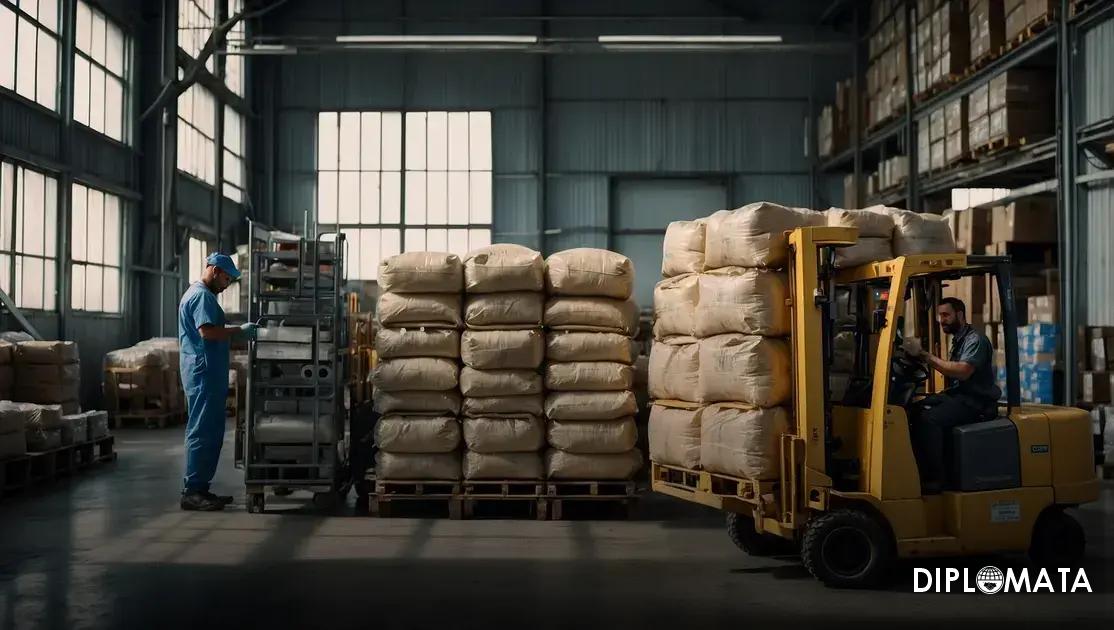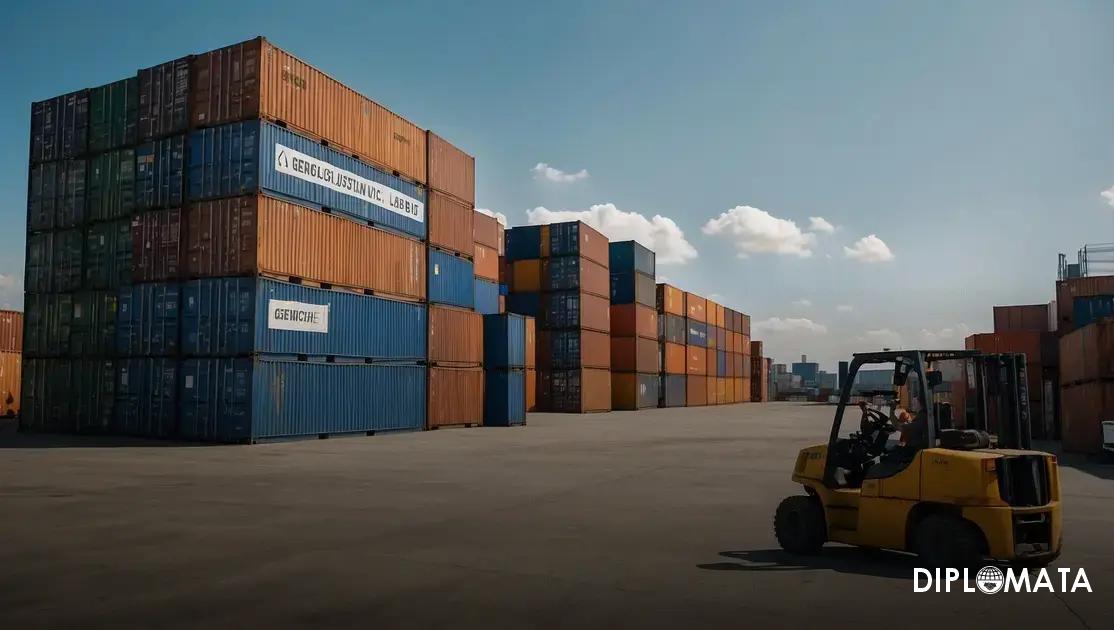Palm Oil Refining Process Overview
The palm oil refining process is a crucial method for transforming crude palm oil into different grades suitable for various applications, including culinary, industrial, and cosmetic uses. This process ensures that the oil meets international quality standards and is safe for consumption. It involves several steps, including degumming, neutralization, bleaching, and deodorization, each designed to enhance the oil’s purity and stability.
Palm Oil Extraction
The initial phase of the palm oil refining process begins with the extraction of crude palm oil from the fruit of the oil palm tree. This extraction can be done through mechanical pressing or solvent extraction methods. The quality of the crude oil obtained at this stage is critical, as it influences the efficiency of subsequent refining operations. High-quality crude palm oil, which DIPLOMATA sources from reliable plantations, is essential for producing superior refined grades.
Degumming
Degumming is the first step in the palm oil refining process, where impurities such as phospholipids, proteins, and other polar compounds are removed. These impurities can negatively impact the oil’s flavor and stability. During this phase, water or acid is added to the crude palm oil, allowing the impurities to separate and be removed. This step is vital for ensuring that the oil is suitable for the next stages of refining.
Neutralization
Following degumming, the neutralization process aims to eliminate free fatty acids (FFAs) from the crude palm oil. High levels of FFAs can lead to undesirable flavors and odors. In this step, an alkali solution, typically sodium hydroxide, is added to the oil, which reacts with the FFAs to form soap. This soap is then separated from the oil through centrifugation, resulting in a more refined product that meets quality specifications.
Bleaching
The bleaching stage of the palm oil refining process is essential for removing color pigments and further impurities. This is achieved by adding bleaching earth or activated carbon to the oil, which adsorbs unwanted color and contaminants. The mixture is then subjected to high temperatures, allowing for the efficient removal of these substances. This step not only improves the oil’s aesthetic qualities but also enhances its stability and shelf life.
Deodorization
Deodorization is the final step in the palm oil refining process, where volatile compounds that contribute to undesirable odors and flavors are removed. This is accomplished through steam distillation under vacuum conditions. The process ensures that the refined palm oil has a neutral taste and aroma, making it suitable for a wide range of applications. Deodorization is crucial for maintaining the oil’s quality during storage and transportation, especially for DIPLOMATA’s exports to the U.S.
Quality Control Measures
Throughout the palm oil refining process, stringent quality control measures are implemented to ensure that the final product meets both domestic and international standards. This includes regular testing for parameters such as free fatty acid levels, peroxide values, and color indices. DIPLOMATA prioritizes quality assurance at every stage of the refining process to guarantee that its crude, bleached, and refined palm oil grades are of the highest quality.
Environmental Considerations
The palm oil refining process also involves careful consideration of environmental impacts. Sustainable practices are increasingly important in the industry, and DIPLOMATA is committed to sourcing palm oil from environmentally responsible plantations. Efforts are made to minimize waste and reduce emissions during the refining process, aligning with global sustainability goals and improving the overall reputation of palm oil as a commodity.
Applications of Refined Palm Oil
Refined palm oil, produced through the palm oil refining process, has a wide range of applications across various industries. It is commonly used in food production, such as frying oils, margarine, and baked goods. Additionally, its stability and high smoke point make it a preferred choice for industrial applications, including biodiesel production and cosmetics. DIPLOMATA’s refined grades cater to diverse market needs, ensuring that customers in the U.S. have access to high-quality palm oil for their specific applications.


